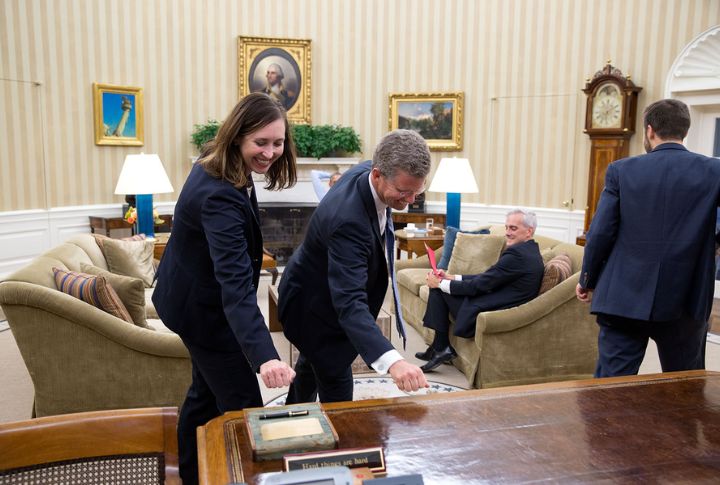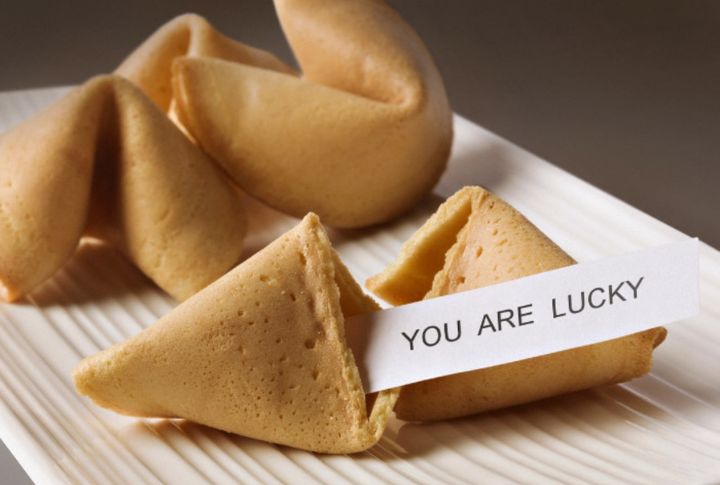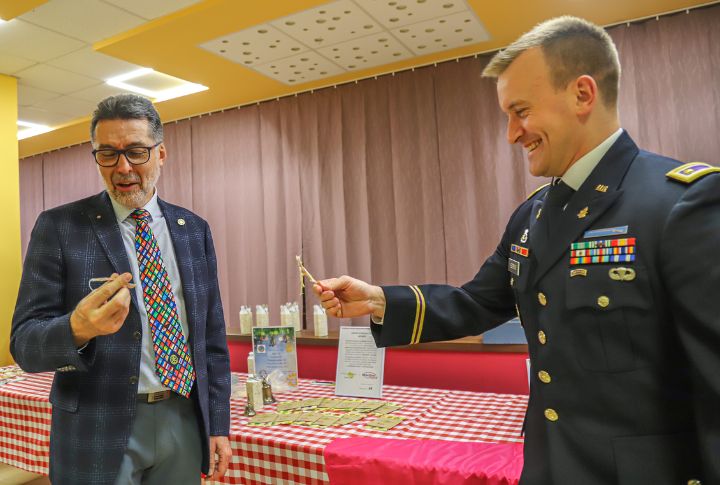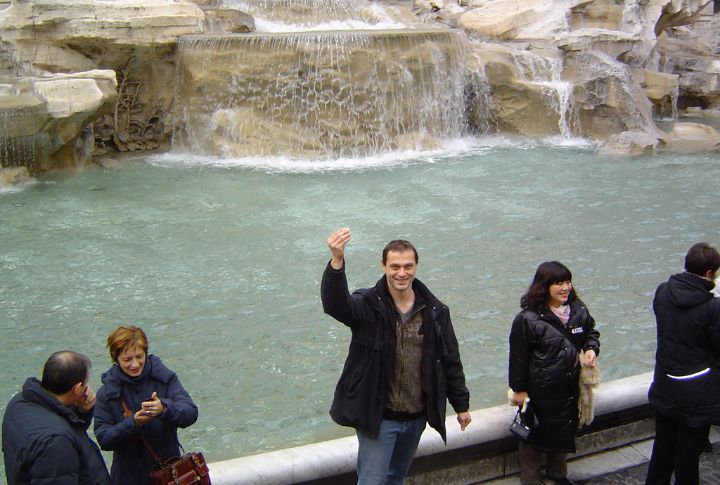
Some things just feel special, even when there’s no logic behind them. It might be a familiar routine or a little belief that doesn’t really change anything, yet it still carries meaning. People keep these moments close because they make life lighter, more fun, or simply more comforting. Here are 10 everyday examples that might rethink the little rituals you hold onto.
Knocking On Wood

That quick tap on wood after saying something positive traces back further than most realize. Pagan rituals once treated trees as homes for powerful spirits. Knocking was a way to call on them for protection, a practice that turned into an everyday superstition.
Saying “Bless You” After Sneezes

Someone sneezes, and before thinking, “bless you,” slips out. The phrase feels automatic now, but it started in times when people thought sneezes released evil spirits or signaled illness. These days, it’s less about superstition and more about a small gesture of care.
Making A Wish At 11:11

The moment the clock hits 11:11, countless people silently make a wish. The act has no scientific basis, yet it feels oddly satisfying. Some see it as a cosmic wink, and online platforms have helped this tiny habit become a widely recognized little tradition.
Crossing Fingers For Luck

Crossing two fingers is a quick gesture that still carries weight in conversations and hopeful moments. Its roots go back to early Christians, who used it as a sacred sign of the Holy Cross to seek protection. Over centuries, the meaning shifted, and today it’s often playful.
Fortune Cookies

For many diners, the real treat of a fortune cookie isn’t the sweetness but the slip of paper waiting inside. The messages are usually vague, yet many treat them as if they were written just for them. These cookies rose to popularity in California, shaped by immigrant communities.
Seeing Angel Numbers

When the same digits keep showing up, it’s hard not to wonder if there’s a message behind them. Many people see these as angel numbers. Numerology assigns each pattern a symbolic meaning, but there’s no evidence that they influence fate. Still, the idea has spread widely online.
Making A Wish On A Shooting Star

For centuries, people have treated shooting stars as a chance to make a wish. It’s a tradition rooted in the belief that the gods were watching. The Ancient Greeks saw shooting stars as powerful omens, and that sense of wonder has never really faded.
Breaking A Wishbone

At many dinner tables, the dried wishbone becomes a source of playful competition. Two people pull until it snaps, each hoping for the larger piece and the promise of a granted wish. The custom began with the Etruscans of Italy, and later spread through Roman culture.
Tossing Coins Into Fountains

At Rome’s Trevi Fountain, tourists toss in over a million dollars’ worth of coins each year. Each splash is tied to a wish or the hope of returning. While the act has no power to change outcomes, the tradition remains irresistible.
Blowing Out Birthday Candles

Long ago in ancient Greece, people lit candles to honor Artemis, using the soft glow to represent the moon. Today, the tradition has become a simple, joyful ritual: when the cake appears and candles flicker, everyone pauses to make a wish.

